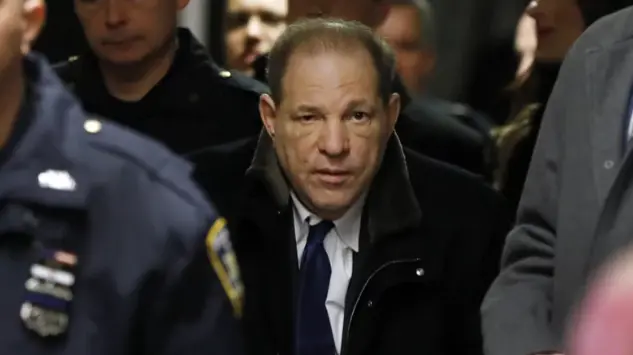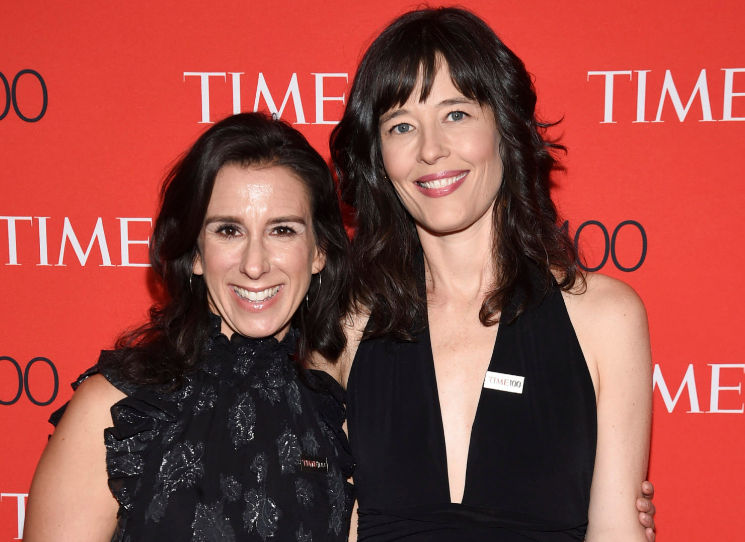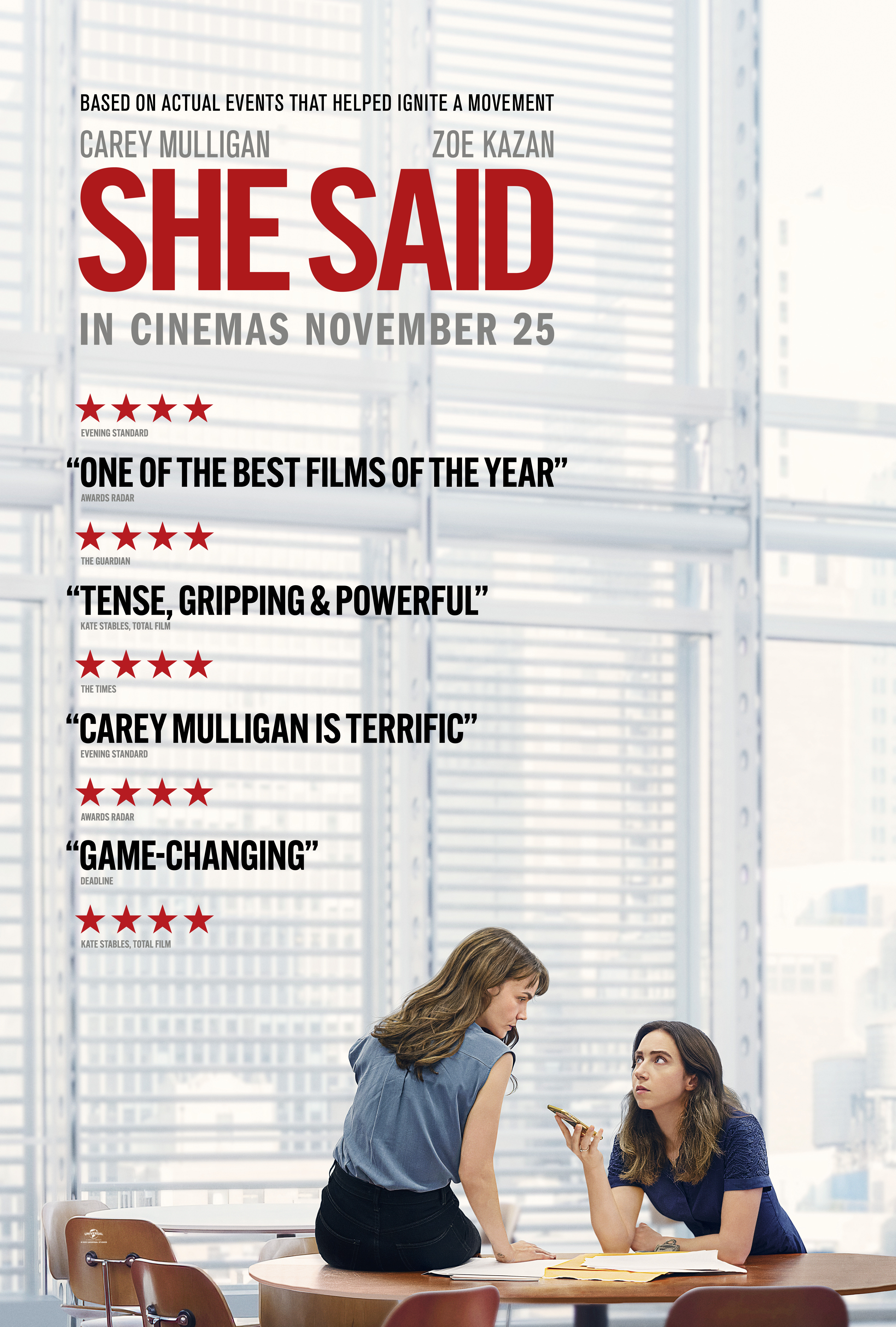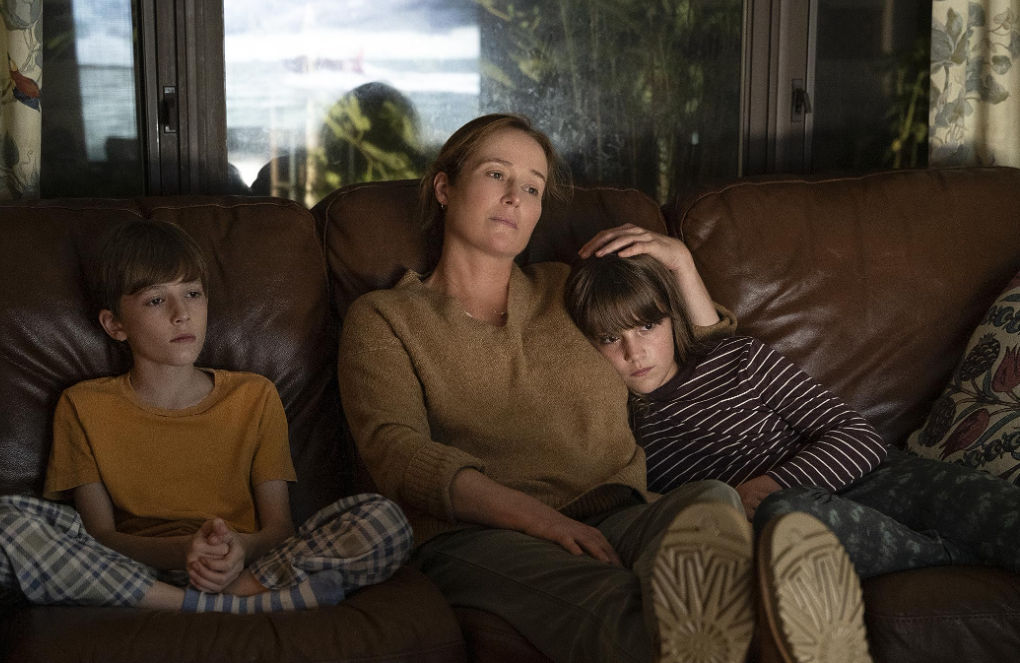Updated 30 April 2024 at 14:19 IST
She Said, #MeToo: From Exposé To Empowerment, How Weinstein’s Downfall Ignited A Global Movement
Harvey Weinstein's 2020 rape conviction stood overturned by New York's highest court on April 25. Though 'tragic', his legacy still stands eternally tainted.
- Entertainment News
- 4 min read

The year 2017 opened the floodgates for assuredly a chapter in history that will live on for centuries to come. Two women - The New York Times journalists Jodi Kantor and Megan Twohey spearheaded the charge. However, the veracity and final impact of their tireless work, would have been impossible without the platoon of women who chose to come forward and relive some of their most vulnerable moments. Harvey Weinstein, thanks to his undeniable status as a (former) movie mogul, has both enjoyed and periled in the harsh spotlight of the public eye. Weinstein however, is not the focal point of the Me Too movement or, by proxy, She Said - both the book and the movie. Women are.

Is it a man's world?
Jodi Kantor and Megan Twohey have recounted their journey, breaking one of the biggest stories of the decade, in their co-authored book, She Said: Breaking the Sexual Harassment Story That Helped Ignite a Movement. The duo were also heavily involved in how the film adaptation of the same, also titled She Said, shaped up. Described as "an instant classic of investigative journalism" by The Washington Post, Kantor and Twohey's trailblazing drive not only sparked the Me Too movement but birthed rapid change in the conversations, legality and overall accountability surrounding the plight of women, specifically in professional setups, but also beyond.

Advertisement
It is honestly easier, to reduce the sum impact of Kantor and Twohey's journalistic brilliance to the list of women it pushed to speak out. However, what they have achieved must be interpreted in terms of a larger dialogue on women reclaiming their power in a world intrinsically and systemically dominated by patriarchy. From top-ranking actresses to alienated company workers - race, background, bank balance and all other differentiating factors stood blurred in the face of two experiences that united them. One, the abuse. Two, speaking up.

Advertisement
Harvey Weinstein now carries one less count of rape - not as the starting domino of the road to vindication, but as the tragic result of a legal technicality. The global sisterhood that Kantor and Twohey's piece gave way to however, has ensured that his mammoth cinematic legacy, always stands tarred by his raucous and unabashed misconduct.
Are we passing our turmoil on?
A very significant moment in the film is when Carey Mulligan's Twohey jumps into a rhetorical reflection of whether the never-ending accounts of suffering and fear is something women tend to pass on in the womb. The moment very subtly captures the unavoidable weight of being a woman in the world, and the helplessness of saving the next generation from the same fate.

Another potent moment from the movie, carries the answer to the above posed rhetoric. A pensive Ashley Judd (played by the actress herself) tells a shaking Jodi about wanting to be attributed in their article, on account of being a woman, and a Christian. This choice was also made by former Weinstein Company employee Laura Madden, who choses to be named because she does not want to let her daughters think, abuse is normal.

Women then, maybe do pass the turmoil on. However, what the film, the book and more than that the watershed period that inspired them tell us, is that women supporting women may just put an end to what for now, appears to be an unavoidable reality.
Speaking up
Women banding together to achieve something bigger than themselves may sound like a preachy arrangement of words. The most empowering thing then, about what Kantor and Twohey achieved with their trailblazing New York Times piece, is that it is not fiction. It makes for a very real chapter in contemporary global history. Yes, this chapter is about abuse and powerplay - but what screams louder is the voice of women the world over, echoing a relief-ridden sense of empowerment.

It entails the very real experience of at least 80-plus women who eventually came forward with their own stories, not to mention the literal infinite accounts of pain, prolonged silence and resilience that followed, seeing the light of day and hopefully, justice.
Published By : Aalokitaa Basu
Published On: 27 April 2024 at 18:51 IST
